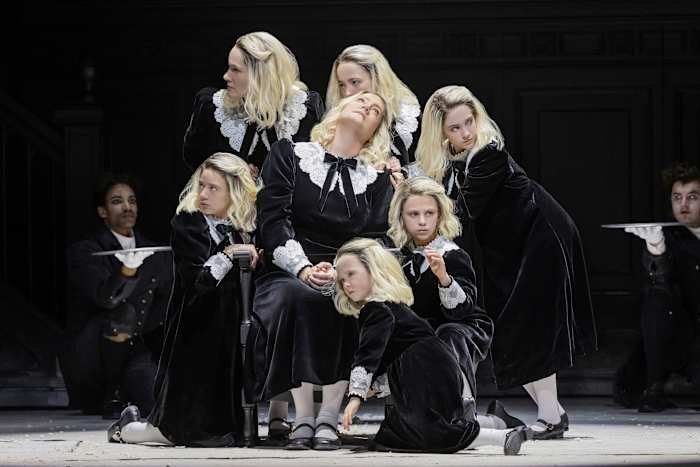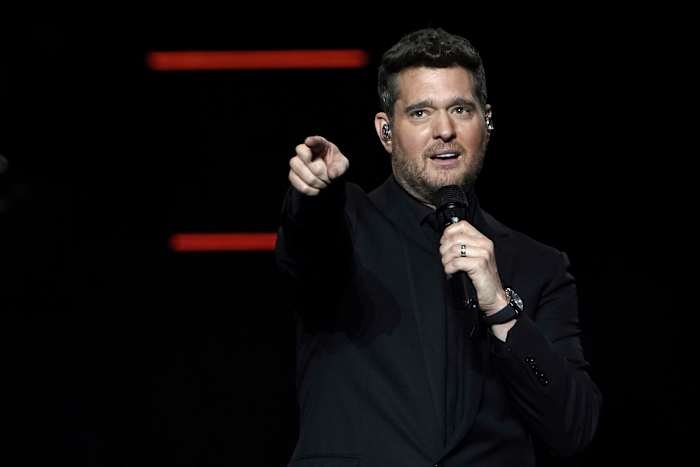Introduction
Opera has a way of leaving deep imprints on both performers and audiences. Few stories exemplify this phenomenon more than Elza van den Heever’s recent embodiment of Salome at the Metropolitan Opera. Her performance has not only captivated New York’s opera enthusiasts but also raised intriguing questions about the lingering effects of powerful roles on artists. While this might seem like a tale rooted in Manhattan, the ripple effects reach far beyond, touching Orlando’s vibrant arts community and sparking conversations about identity, performance, and the transformative power of opera. As Orlando’s cultural scene continues to blossom, van den Heever’s journey offers fascinating insights for local performers, patrons, and anyone curious about the intersection of art and life.
The Met’s Salome: A Role That Lingers
Elza van den Heever’s portrayal of Salome at the Metropolitan Opera has been described as haunting, electrifying, and deeply immersive. For van den Heever, stepping into the shoes of the infamous biblical figure wasn’t just another performance—it became a role that lingered long after the final curtain fell. In interviews, she has confessed that Salome “sticks to her,” following her from the grand stages of Lincoln Center to the quieter corners of her rented apartment on Manhattan’s Upper West Side.
This phenomenon is not unique to van den Heever. Many opera performers experience a kind of post-performance resonance, where the emotions, psychological states, and physicality of their characters bleed into their offstage lives. For Orlando’s own opera talents and the enthusiastic patrons who fill venues like the Dr. Phillips Center for the Performing Arts, van den Heever’s experience is a potent reminder of the intensity and vulnerability required to bring complex characters to life—and the personal stakes involved in great art.
The Psychological Toll of Transformational Roles
Portraying Salome is not for the faint of heart. The character, drawn from Oscar Wilde’s play and Richard Strauss’s operatic adaptation, is a maelstrom of desire, defiance, and tragedy. For van den Heever, inhabiting Salome meant diving headlong into emotional extremes—love, obsession, manipulation, and ultimately, destruction.
Experts note that such deep immersion can leave psychological traces. Some performers report difficulty “de-roling” after a run of intense shows, finding that their characters’ emotions and thought patterns linger. Orlando’s own actors and opera singers, especially those involved in dramatic productions, may find solace in knowing that even world-renowned artists struggle with these aftereffects. The local arts community can benefit from open discussions about mental wellness, self-care, and the support systems artists need to navigate the emotional demands of their craft.
From New York to Orlando: The Broader Impact
What does van den Heever’s experience mean for Orlando? The city has seen a surge in interest in opera and classical music in recent years, with organizations like Opera Orlando drawing in diverse audiences and nurturing homegrown talent. As more local performers tackle challenging repertoire, conversations about the impact of demanding roles become increasingly relevant.
Moreover, the connection between New York’s world-class productions and Orlando’s cultural landscape is stronger than ever. Many Orlando residents travel to New York for performances, and local theaters often stream or stage their own versions of iconic operas. Van den Heever’s Salome, with all its intensity and lingering effects, serves as both inspiration and cautionary tale for Orlando artists aiming for emotional authenticity without sacrificing personal well-being.
Opera, Identity, and the Orlando Audience
For Orlando audiences, van den Heever’s journey prompts important questions: How do we support our local artists as they dive into challenging roles? What responsibility do arts organizations have to ensure performers can safely navigate the psychological terrain of their work?
Many theaters, including venues in Orlando, are beginning to recognize the need for mental health resources tailored to performers. Workshops on emotional resilience, access to counseling, and peer support groups are becoming more common. By learning from van den Heever and the Metropolitan Opera, Orlando’s arts community can take proactive steps to safeguard the well-being of its artists while continuing to push creative boundaries.
At the same time, audiences play a crucial role. Attending challenging productions, engaging in post-show discussions, and showing empathy for the personal journeys of performers can foster a culture of understanding and appreciation. Orlando’s opera lovers have the opportunity to champion both artistic excellence and compassionate support within their community.
Conclusion
Elza van den Heever’s experience as Salome offers a powerful lens through which to examine the intersection of performance, identity, and mental health—both on the world’s biggest opera stages and right here in Orlando. As our city’s cultural scene continues to grow, the lessons of Salome remind us of the passion and vulnerability at the heart of great art. We invite you to share your thoughts: Have you seen a performance that stuck with you long after the curtain fell? How do you think Orlando’s arts community can best support its performers? Leave a comment below and join the conversation at Daily Orlando News!
















